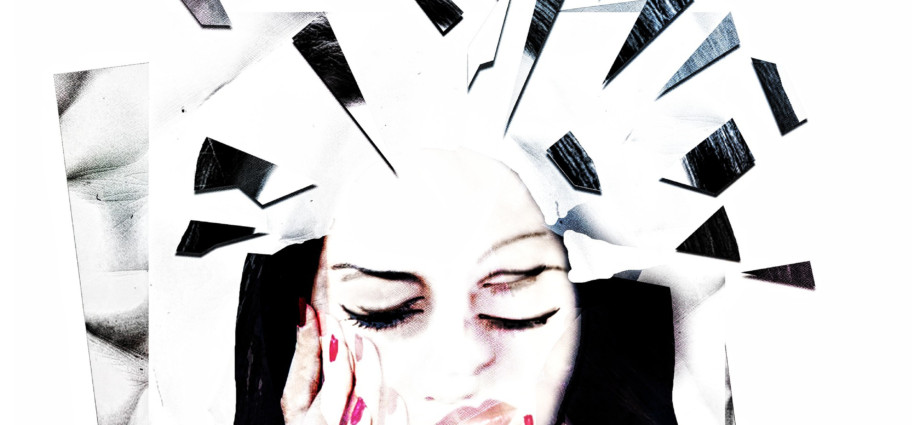|
|
People who suffer from Psychotic Disorder are said to have “retreated from reality.” They are socially withdrawn and may experience hallucinations or delusions. Psychotic Disorder can be so debilitating it can lead to hospitalization. Psychotic patients are unable to control their thoughts, which also occur in Schizophrenia and Delusional Disorders, as well as some mood disorders.
Loss of Contact with Reality
A person who is Psychotic undergoes a number of striking changes in thinking, behavior and emotion. A Psychosis reflects a loss of contact with shared views of reality (Psychosis, singular; Psychoses, plural) (Durland & Barlow, 2006). Delusions confuse false beliefs that they insist are true no matter how far-fetched.
There are many different types of delusions:
- Depressed Delusions are beliefs that they have committed horrible crimes or sinful deeds.
- Somatic Delusions – they believe their body is rotting away or emitting odors.
- Delusions of Grandeur – they think they are extremely important, even royal, or have some connection with God.
- Delusions of Influence – they feel they are being used, controlled or influenced by others or by unseen forces – even aliens.
- Delusions of Persecution – they think “others” are out to get them, as in paranoia.
- Delusions of Reference – they give great personal meaning to unrelated events, or where a movie or TV program is giving a subtle secret message only to them.
- Delusions of Jealousy – they have an all-consuming but unfounded belief their spouse or lover is having an affair.
The most common Delusional Disorder, often called Paranoid Psychosis centers around Delusions of Persecution, where the person strongly believes they are being plotted against, poisoned, followed, harassed, or cheated, requiring them to always be on guard.
Schizophrenia
Although not generally dangerous to others, a psychotic patient’s beliefs that terrorists, government agents, or gangs are getting too “close,” they can easily be moved to violence or desperation. Fortunately, Delusional Disorders are rare. The most common form of Psychosis is Schizophrenia (DSM).
Hallucinations
Hallucinations are imaginary sensations that can involve one or more senses, such as seeing, hearing, or smelling things that don’t exist. Hearing voices are common hallucinations. Sometimes voices command them to hurt themselves. Sometimes they obey the command (Barrow Cliff & Hadduck, 2006). Some Psychotic people feel bugs crawling on or under their skin, or smell gas their enemies are using against them. Some experience sensory changes, such as numbness, or feelings of intense heat or cold. Some even think they are experiencing amnesia.
Hyper-Emotion to Blank
Some Psychotic episodes involve wild elation, deep depression, hyper-emotion or the opposite – a flat, frozen blank expression. Brain scans taken during these frozen-face episodes reveal abnormal functions in different areas responsible for processing emotions (Fahim Et al., 2005). Often, communication is extremely garbled, resembling a “word fruit salad,” even primitive.
Broken from Reality
Personality disintegration occurs when an individual’s thoughts, actions, and emotions are fragmented and no longer coordinated. Thinking, memory and attention are broken from reality. When such disturbances remain for weeks or months, the person is said to be suffering Psychosis (DSM).
This report is not a diagnosis. We hope this information can guide you toward improving your life.
Review our Knowledge Base or the links displayed on this page for similar and related topics.

